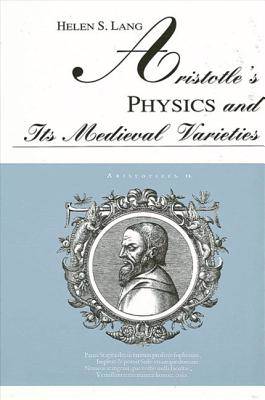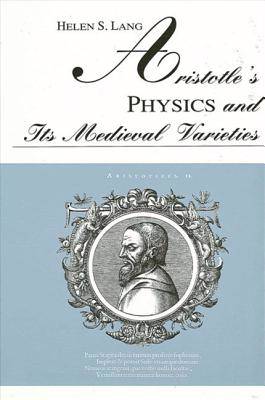
En raison d'une grêve chez bpost, votre commande pourrait être retardée. Vous avez besoin d’un livre rapidement ? Nos magasins vous accueillent à bras ouverts !
- Retrait gratuit dans votre magasin Club
- 7.000.000 titres dans notre catalogue
- Payer en toute sécurité
- Toujours un magasin près de chez vous
En raison de la grêve chez bpost, votre commande pourrait être retardée. Vous avez besoin d’un livre rapidement ? Nos magasins vous accueillent à bras ouverts !
- Retrait gratuit dans votre magasin Club
- 7.000.0000 titres dans notre catalogue
- Payer en toute sécurité
- Toujours un magasin près de chez vous
Description
This book considers the concepts that lay at the heart of natural philosophy and physics from the time of Aristotle until the fourteenth century. The first part presents Aristotelian ideas and the second part presents the interpretation of these ideas by Philoponus, Albertus Magnus, Thomas Aquinas, John Buridan, and Duns Scotus. Across the eight chapters, the problems and texts from Aristotle that set the stage for European natural philosophy as it was practiced from the thirteenth to the seventeenth centuries are considered first as they appear in Aristotle and then as they are reconsidered in the context of later interests. The study concludes with an anticipation of Newton and the sense in which Aristotle's physics had been transformed.
Spécifications
Parties prenantes
- Auteur(s) :
- Editeur:
Contenu
- Nombre de pages :
- 333
- Langue:
- Anglais
- Collection :
Caractéristiques
- EAN:
- 9780791410837
- Date de parution :
- 25-08-92
- Format:
- Livre relié
- Format numérique:
- Genaaid
- Poids :
- 598 g

Les avis
Nous publions uniquement les avis qui respectent les conditions requises. Consultez nos conditions pour les avis.






